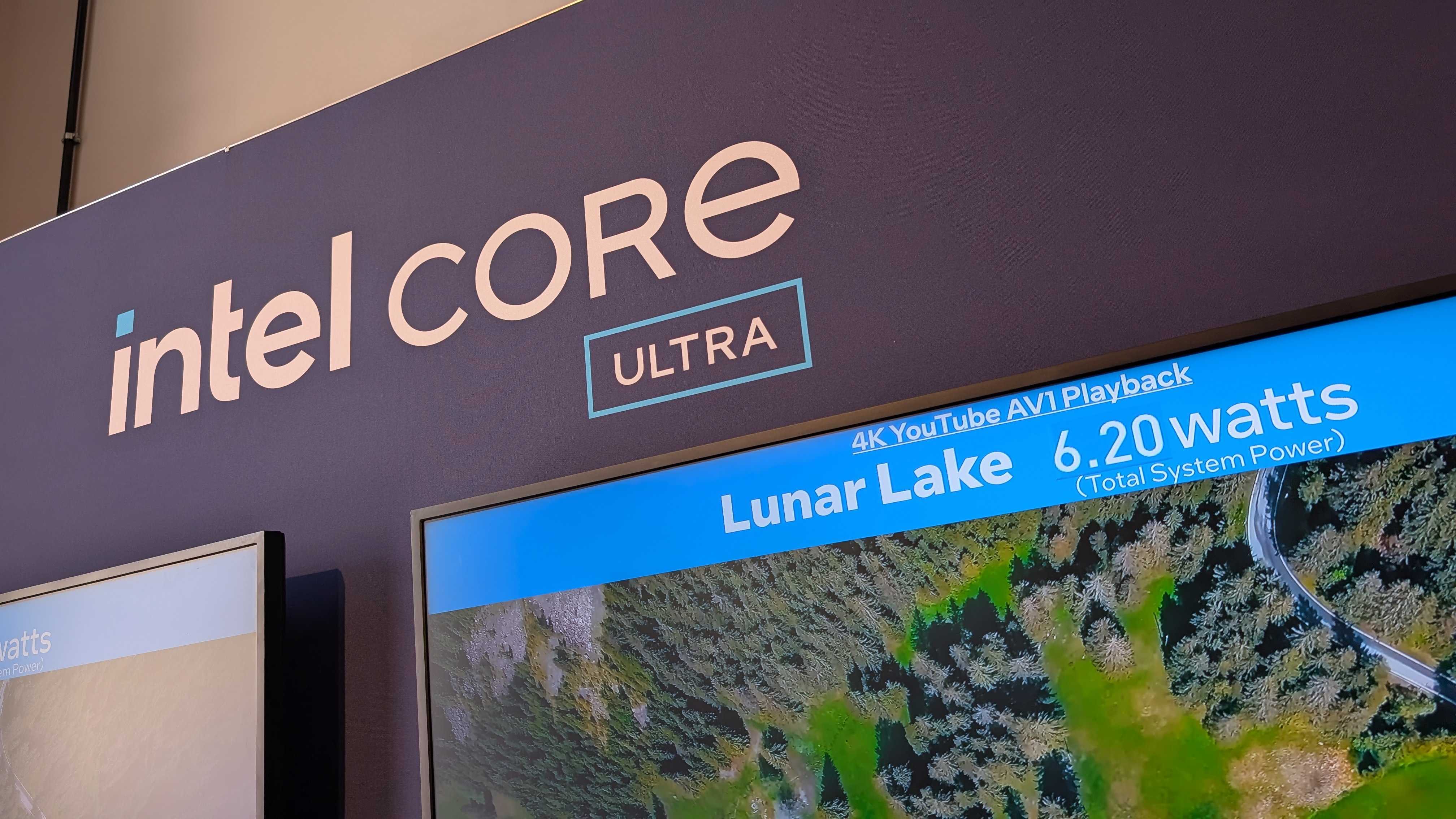
What you need to know
- Intel was set to receive $8 billion in grants through the US CHIPS Act and an additional $11 billion in loans, but that is now in jeopardy.
- To receive funding through the CHIPS Act, a company must meet milestones and stand up to scrutiny.
- Intel has struggled in many areas this year, including Intel Foundry services losing money and the company sharing a disastrous earnings report in August.
Intel's rough 2024 could get worse unless the chipmaker makes some major changes. The company's year already includes laying off 15,000 employees, a class action lawsuit about failing 13th Gen and 14th Gen CPUs, losing $32 billion in market cap in a single day, and a lawsuit by shareholders accusing the company of hiding negative information about Intel Foundry services. Now, Intel may have to wait before receiving billions of dollars through the CHIPS Act.
Intel was set to receive $8.5 billion in grants and $11 billion in loans through the CHIPS Act, but that funding is dependent on Intel hitting certain milestones. Before any of that funding is shipped to Intel, the US Government needs to feel confident in a company delivering on promises. The requirements are not exclusive to Intel, though the chipmaker appears to be having a more difficult time gaining the confidence of the government than other tech giants.
The latest information on the saga comes from a report by Bloomberg, which spoke with people familiar with the situation. Reportedly, Intel is reluctant to share certain information with the US government that would illustrate the chipmaker's viability. Bloomberg was not able to receive official word from the Commerce Department, which declined to comment on the situation.
🎒The best Back to School deals📝
- 🕹️Xbox Game Pass Ultimate (3-months) | $29.79 at CDKeys (Save $20!)
- 💻HP Envy 16 2-in-1 (Ryzen 5) | $499.99 at Best Buy (Save $350!)
- 🕹️Starfield Premium Upgrade (Xbox & PC) | $27.69 at CDKeys (Save $7!)
- 💻ASUS Vivobook S 15 (X Elite) | $945 at Amazon (Save $355!)
- 🕹️God of War: Ragnarök (PC, Steam) | $49.99 at CDKeys (Save $10!)
- 💻Lenovo ThinkPad X1 Carbon | $1,481.48 at Lenovo (Save $1,368!)
- 🎮 Seagate Xbox Series X|S Card (2TB) | $249.99 at Best Buy (Save $110!)
- 🕹️Hi-Fi RUSH (PC, Steam) | $8.89 at CDKeys (Save $21!)
- 💻HP Victus 15.6 (RTX 4050) | $599 at Walmart (Save $380!)
- 🖱️Razer Basilisk V3 Wired Mouse | $44.99 at Best Buy (Save $25!)
- 🖥️Lenovo ThinkStation P3 (Core i5 vPro) | $879.00 at Lenovo (Save $880!)
Intel shared a statement to Bloomberg:
"We are making significant progress across our US projects in Arizona, New Mexico, Ohio and Oregon, and look forward to finalizing our funding agreement soon."
Intel shared a damning earning report in August that listed a net loss of $1.61 billion. Reuters reported that Intel shareholders were blindsided to discover Intel Foundry services are "floundering." In an effort to save $10 billion through 2025, Intel announced 15,000 layoffs.
"Our revenues have not grown as expected—and we've yet to fully benefit from powerful trends, like AI," said Gelsinger in a memo to Intel staff last month. "Our costs are too high, and our margins are too low. We need bolder actions to address both—particularly given our financial results and outlook for the second half of 2024, which is tougher than previously expected."
The company also saw its Intel Foundry services lose $7 billion in 2023. Earlier this year, Intel CEO Pat Gelsinger explained to investors that the company does not expect to break even until 2027.
Intel's struggles come during a time period in which NVIDIA became the world's most profitable company. Intel has largely failed to capitalize on the AI wave, especially compared to other tech giants.
According to Bloomberg's sources, Intel will discuss its next steps in a board meeting this month. A previous report by Reuters indicated Intel's mid-September board meeting will see plans discussed to cut costs and shed assets.
A tough 2024 for Intel

Intel is a massive company, meaning it can have success in some areas while struggling in others. The chipmaker needs to see more success in its Foundry services and in other areas, but there are positives for the company in 2024. Earlier this month, Intel announced its Core Ultra Series 2 processors, which promise better performance and battery life than competing chips from Qualcomm. That announcement was especially significant since Qualcomm's Snapdragon X Elite and Snapdragon X Plus have earned positive reviews.
Unfortunately for Intel, promising processors will likely do little to instill confidence in the US government. The tech giant needs to show that its Foundry services can be financially viable. The government is interested in boosting domestic semiconductor manufacturing, not if Intel can make processors that get better battery life.







